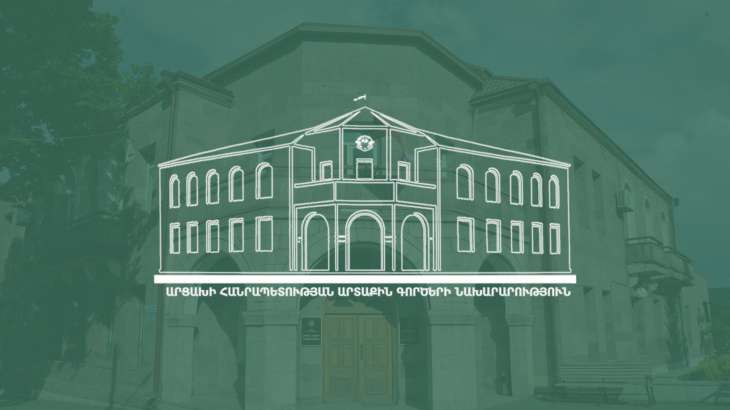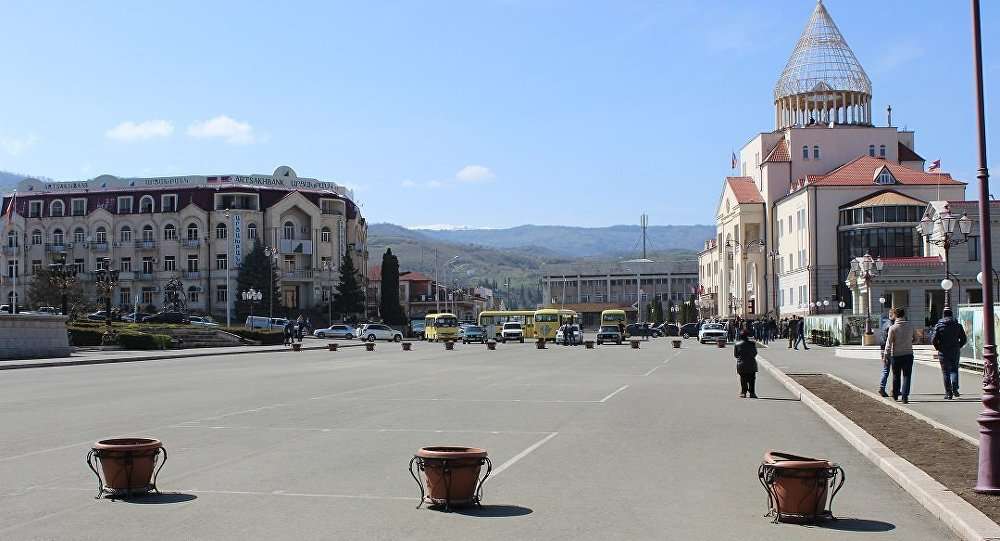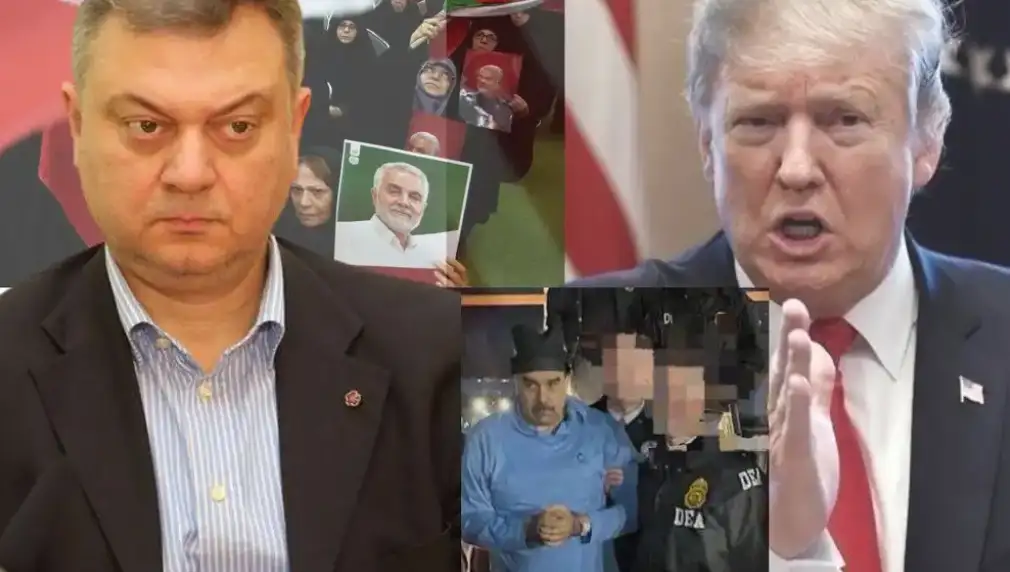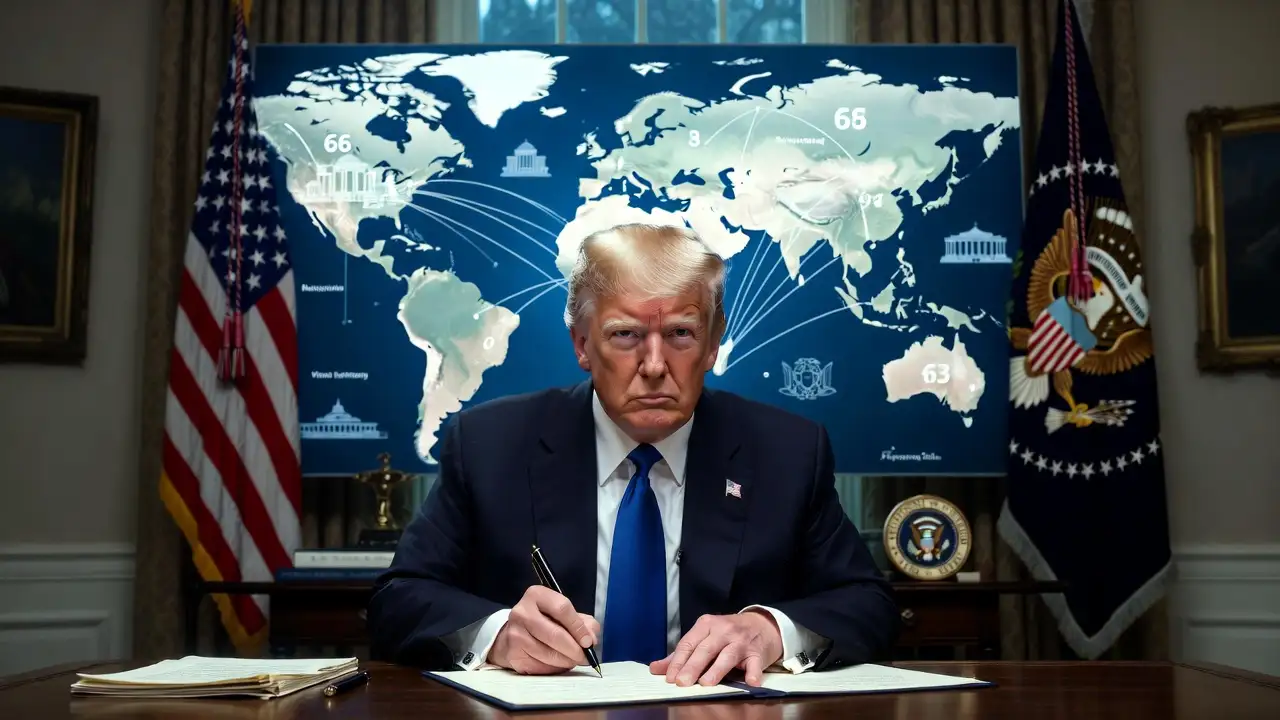During the Munich Security Conference held on February 18, 2023, the President of Azerbaijan made several statements aimed at disguising the criminal policy against the people of Artsakh and distorting the nature of the Azerbaijani-Karabakh conflict through the violation of causal links.
In particular, the president of Azerbaijan once again tried to deny the obvious fact of the blockade of Artsakh, which the international community confirmed except for Azerbaijan. As alleged evidence, data was given that during the siege, 2500 vehicles belonging to the Russian peacekeeping troops and the International Committee of the Red Cross passed through the corridor, and 100 medical patients were evacuated to Armenian hospitals through the ICRC. However, the presented data prove precisely the opposite of Baku's claims. During the 73 days of the blockade, fewer vehicles passed through the Lachine Corridor than during the three days before the embargo. All the cars passing through the Lachin Corridor belonged to the Russian peacekeeping troops or the ICRC. Any vehicle belonging to the citizens of the Republic of Artsakh, state structures, or carrying out commercial transportation cannot pass through the Lachin corridor.
Transportation of seriously ill patients to Yerevan is possible only through the ICRC, which proves the lack of free traffic through the Lachin corridor. Moreover, at the beginning of the blockade, at least one seriously ill patient died due to the impossibility of being transported to Yerevan for further treatment. The fact that many citizens of the Republic of Artsakh cannot return to Artsakh, and hundreds of divided families cannot be reunited is another proof of the existence of the blockade by Azerbaijan.
It is noteworthy that after the tripartite meeting with Armenian Prime Minister Nikol Pashinyan and US Secretary of State Anthony Blinken, in a conversation with Azerbaijani journalists, the President of Azerbaijan announced Baku's proposal to install a checkpoint in the Lachin Corridor. From his words, it becomes evident that Baku developed these plans long before the blockade was approved.
The above facts convincingly prove that in addition to creating unbearable living conditions for the people of Artsakh, the blockade is also aimed at revising the provisions of the tripartite declaration of November 9, 2020. Azerbaijan is seeking to legitimize its intention to change the conditions of the trilateral world. These attempts should be resolutely prevented by all actors involved in the process of regulating relations in the region. Free movement through the Lachine Corridor should be fully restored by the tripartite statement of November 9, 2020, without any preconditions.
Attempts by Azerbaijan to interfere in the internal political life of Artsakh, as well as the vision of a dialogue between Stepanakert and Baku, are unacceptable for official Stepanakert. In this regard, we emphasize once again that the comprehensive settlement of the Azerbaijani-Karabakh conflict should be carried out through negotiations, which will ensure the parties' rights equality and will not contain conditions predetermining the outcome of the negotiation process. In this context, we consider it necessary to restore the international mediation format as an additional guarantee of the irreversibility of the peace process. We again emphasize that the results of the illegal use of force and the threat of force by Azerbaijan cannot be a starting point for establishing peace, stability, and security.




















